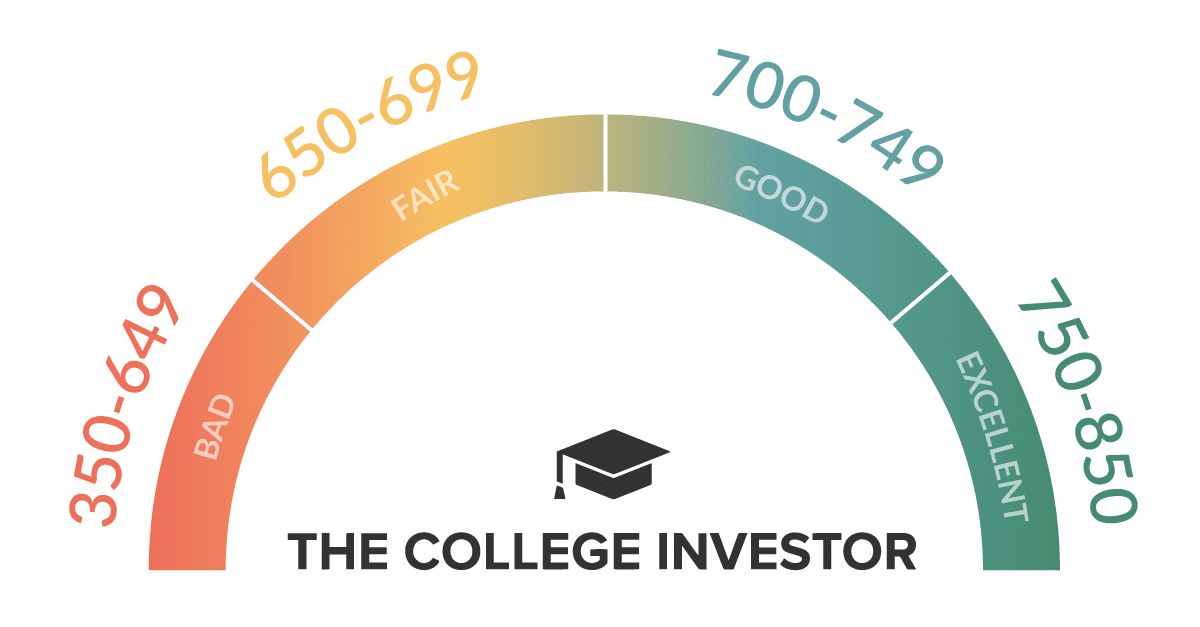Key Points
- Federal student loans, rent reporting, and setting them as an authorized user can help students build a credit history without opening a credit card.
- On-time payments and consistent account activity are the foundation of a strong credit profile.
- Alternative credit-building tools can reduce the risk of high-interest debt.
For many college students, the first time they think about credit is when applying for a private student loan, a car loan, or an apartment lease. A strong credit history can make these steps easier and less expensive. Yet, some students avoid credit cards due to concerns about overspending or interest charges.
While credit cards are a common way to start building credit, they are not the only option. Students can establish a credit history through other financial accounts that report payment activity to the three major credit bureaus: Equifax, Experian, and TransUnion.
If you're adverse to a credit here, here's what to know about building credit as a college student.
Would you like to save this?
Student Loans Build Credit
Federal student loans are often a student’s first credit account. These loans appear on a credit report as installment debt, showing the original balance, current balance, and payment history.
Once repayment begins, maintaining consistent on-time payments can strengthen a credit score. Income-driven repayment plans can help keep monthly payments affordable, which makes it easier to avoid missed payments.
Private student loans also report to credit bureaus. For those with a co-signer, on-time payments can benefit both the student and the co-signer’s credit profiles. Late payments, however, can harm both.

Rent Reporting
Rent is one of the largest monthly expenses for many students, yet it often goes unreported to credit bureaus. Several rent-reporting services can link a tenant’s payment history to their credit file. Some work directly with landlords, while others allow tenants to submit proof of payment from a bank account.
And new services like Bilt Rewards can also help.
Not all credit scoring models weigh rent payments equally, but newer versions of FICO and VantageScore include them. This strategy works best for students who pay rent consistently and on time each month. It can also help those living off-campus demonstrate financial reliability before they graduate.
Becoming An Authorized User
Students with a parent who has a strong credit history can request to be added as an authorized user on an existing account. While this often involves a credit card, the student does not need to use the card to benefit from the account’s history.
The primary account holder’s on-time payment history and account age can improve the student’s credit profile. It is important to ensure the account is in good standing before becoming an authorized user.
Secured Cards And Credit Builder Loans
Secured credit cards require collateral, such as a savings account deposit, which the lender holds until the loan is repaid.
Credit-builder loans, often offered by community banks and credit unions, function similarly. The lender places the borrowed amount into a locked savings account, and the borrower makes monthly payments until the loan is paid in full.
These products are designed to help people with little or no credit history demonstrate a consistent payment record. The loan proceeds are not accessible until repayment is complete, which removes the temptation to overspend.
The Big Takeaway For College Students
Regardless of the credit building tools you use, it will take on-time payments and avoiding late fees or collections. Even one missed payment can remain on a credit report for up to seven years. Setting up automatic payments or payment reminders can help prevent mistakes.
Students should also monitor their credit reports. Federal law now allows one free report each week from each major credit bureau at AnnualCreditReport.com. Reviewing these reports helps ensure that accounts are being reported accurately and can detect signs of identity theft.
Building credit without a credit card may require more effort, but it can reduce exposure to high-interest debt and give students more control over their borrowing habits. Whether through student loans, rent reporting, or secured loans, the key is steady, reliable payment activity.
Don't Miss These Other Stories:
Editor: Colin Graves
The post How College Students Can Build Credit Without A Credit Card appeared first on The College Investor.













